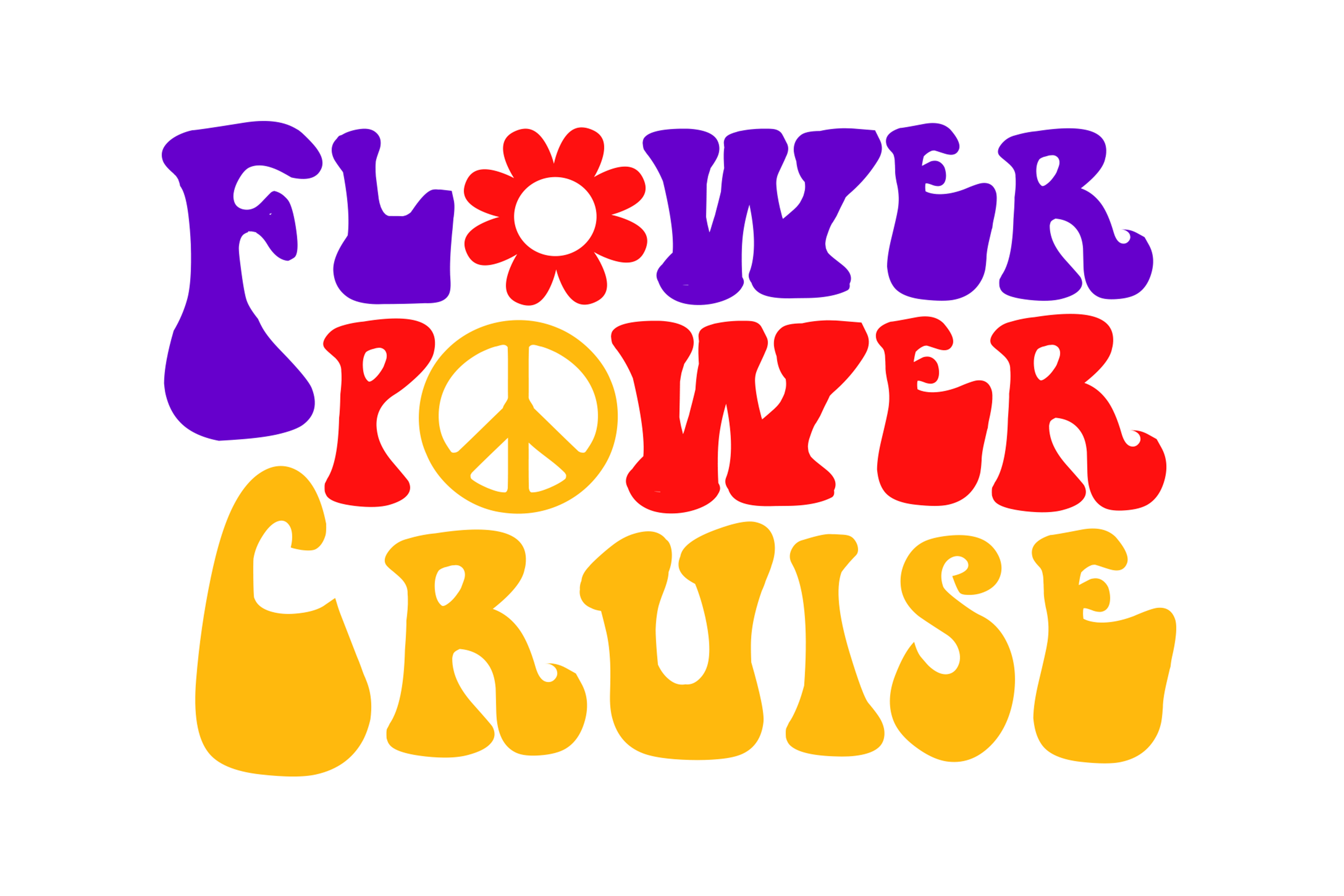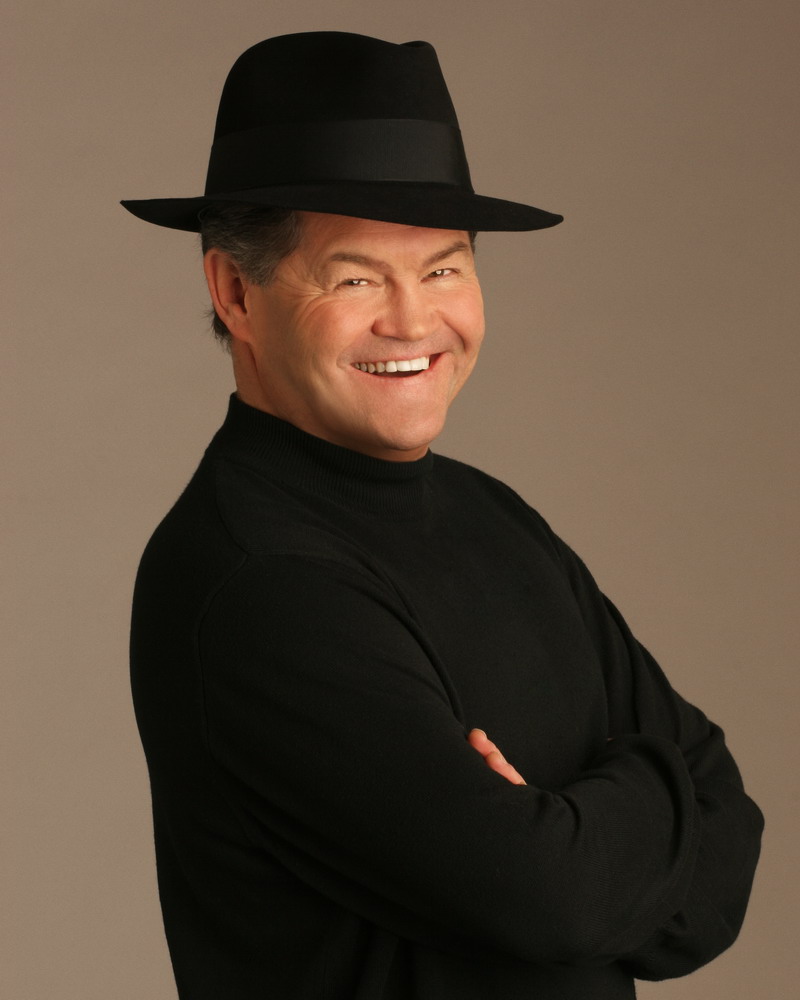A few moments with MICKY DOLENZ
Micky Dolenz turned seventy this year but that doesn’t mean he has slowed down. Fresh from a triumphant series of cabaret shows in New York, he has an exciting schedule next year built around the Monkees’ fiftieth anniversary.
Micky was born into show business. His mother went from Texas to Hollywood to become a movie star. His father, George, was born in Italy, worked as a waiter on a cruise ship, jumped ship in Cuba and worked his way into Hollywood. Working at the Trocadero, he met Howard Hughes, who signed him. George starred in a number of films, and played the title character in the mid-1950s television series The Count of Monte Cristo. At age 10, Micky was a television star on Circus Boy. Then, in the fall of 1965, he was one of four hundred applicants responding to a trade advertisement announcing auditions for a new TV show about a rock band.
Sixty-five million records later, the Monkees broke up. Soon after, Micky went on to London to star in Harry Nilsson's West End musical, The Point! He planned to stay three months but remained for twelve years, working in television production and much else. Back in the States, he worked in musical theater, radio, television, movies, and of course Monkees reunions.
We caught up with him at home, thinking back and looking forward.
Where’s home these days?
Micky Dolenz: Los Angeles, California.
Your cabaret show “A Little Bit Broadway, a Little Bit Rock 'n' Roll" got rave reviews when it ran in New York in July this year. It included many songs we’d expect … and a few we didn’t, like “Some Enchanted Evening.” For those who couldn’t see the show, tell us about how you arrived at the final selection.
The show was at a venue called 54 Below. I’ve done a lot of musical theater here and in England. I was always a fan. When we put together this show, we assembled it in such a way that I could tell stories. You mentioned “Some Enchanted Evening.” My dad was a working actor, and that song was one of his audition pieces. I’d be in the kitchen, and he’d walk in wearing his underwear warming up on “Some Enchanted Evening.” I’ll always remember that. And I did Billie Holiday’s “But Not for Me” because I remember my mom singing that one. In the show, I’d start “I’m a Believer” cabaret style, like Frank Sinatra, before switching to rock ‘n’ roll. Throw people off-guard for a moment.
Will you reprise the show?
Yes. I’ve been asked back, and I’m happy to do it over again. It was a great experience. We’re scheduled for November 25 and 26 this year.
It sounds as if you grew up surrounded by the Great American Songbook. Did you embrace rock ‘n’ roll when it came along in the mid-late 1950s?
Yeah, it was all Great American Songbook and light opera around the house. Then when I was ten or twelve, I got a transistor radio. Got hip to rock ‘n’ roll. My favorites were Little Richard, Fats Domino, Jerry Lee Lewis, and Chuck Berry. In fact, I did Chuck’s “Johnny B. Goode” at my Monkees audition. But I still liked Nat King Cole and Johnny Mathis. In fact, the first LP I ever bought was by Johnny, and I saw him just recently at the Disney Music Center in Los Angeles.
Tell us about the new furniture company you’ve started. It seems like a radical departure. Was woodworking always a passion?
I guess it’s a radical departure for folks who don’t know me. I always had a woodworking shop and built things from a gyrocopter to a recording studio. It was always my favorite down-time activity. It was my retreat from performing. Fans know I was going to be an architect before I joined the Monkees. Then my daughter started using the tools, building things. I helped her. I said we should start a company, and we called Dolenz & Daughters Fine Furniture. She runs it. She started a Facebook page and figured out e-commerce. In fact, she’s in the shop right now, and I’m heading there as soon as we’re off the phone.
What’s your best-selling woodwork piece?
I guess it would be our redwood candlesticks, although every time we introduce something new it sells really well.
Were you surprised when a British uber-fan said he’d found the tapes of your MGM singles and wanted to issue them? Many of your fans probably weren’t even aware of those recordings.
I was just now talking to Iain Lee, who works for the BBC, and found the tapes of those early Seventies records. I thought they were long gone. He issued them in a beautiful LP package. I’m thrilled. I did a long interview with him for the liner notes. He went all-out on making a top-class set. I’m very proud of it.
You’ll be joining us at the end of February next year. What will you be doing between now and then?
I’m touring with Peter Tork. We’re taking our Monkees show to some venues in the United States and the U.K. We’re holding back a little, though, because next year will be the Monkees’ fiftieth anniversary. There will be some other exciting developments we’ll announce soon. I’m also doing my solo show, including some non-Monkees songs. When I do my cabaret show or when I’m on a cruise, I always introduce the non-Monkee songs with a story instead of diving into them. I don’t leave the audience wondering why Micky Dolenz is doing “Johnny B. Goode.”
The verdict seems to be that the late 1960s was rock music’s true golden age. Kids whose parents weren’t even born then are discovering the music. It never seems to go away. I know you were in the middle of it, so perhaps that doesn’t give you the best perspective, but why do you think the music of that era has survived so well?
Actually, I’ve thought a lot about that. My overarching thought is that every era has its songs that resonate with the generation that grew up with them. Doo wop songs in the Fifties, big band songs from the Forties, and so on. There will always be people who revel in the music from the era in which they grew up. But some generational songs hit people and resonate with people who weren’t from that era, and Sixties music is definitely in that category. In part, I think it’s because the music reflected the social and political turbulence, as well as things like free love, independent thought. The philosophy, the zeitgeist of that era still resonate strongly, and the music captures it. People of all ages relate to that.
Do you like playing on cruises?
I did a lot of cruises in the 1990s and 2000s. Five or six a year. Maybe too many. I was doing a show with a fifteen-piece orchestra, like a Vegas showroom, because I was trying to reach the largest number of people. I did songs from the Forties and Fifties, and I did some comedy as well as the Monkees’ songs. Then I took a break, and now I’m really happy to be back on the Flower Power Cruise. Because everyone will be tuned into the same era, I’m going to do a flat-out Sixties show. All the hits. Look out!
Sadly, Davy Jones won’t be joining you for the fiftieth anniversary shows. How did you hear of his passing?
My wife heard about it on the radio. I just thought, “Oh, my God!” It was a big shock. He’ll be much missed, but we always pay tribute to him. He was my friend. And a great guy.

